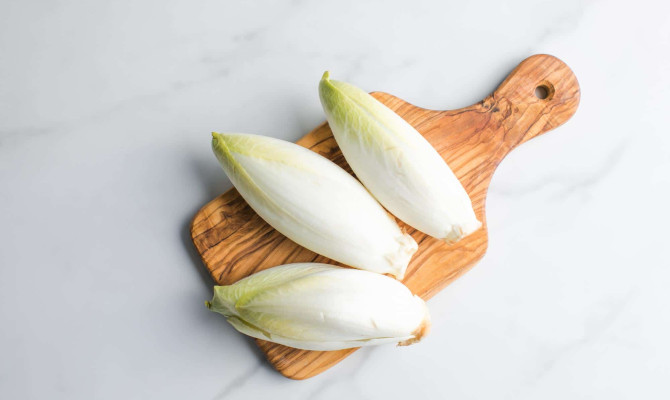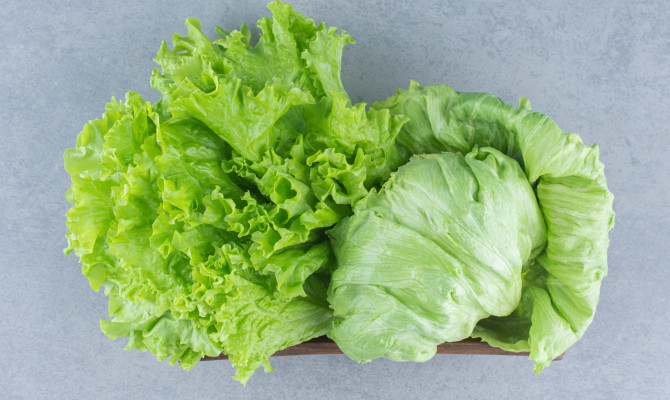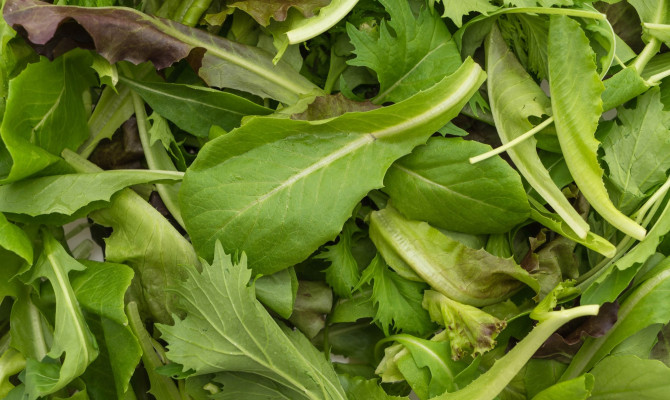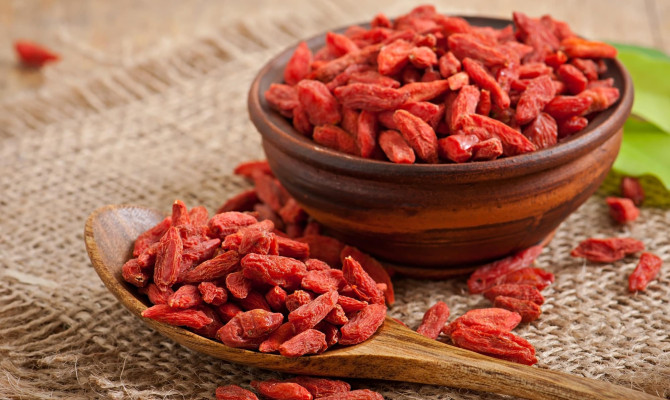Cherries and its Health Benefits

- Cherries
- 17 Aug 2023
Overview
What are Cherries?
Cherries are little ruby jewels that are a visual treat and a powerhouse of health benefits. They have become a favorite fruit worldwide, whether eaten raw, baked into sweets, or used in culinary recipes.
In this post, we’ll dig into the exciting world of cherry, learning about its unique variety, fascinating history, and fantastic health benefits. Come along as we reveal the secrets to their succulent sweetness and understand why they have become a crucial component of healthy living and culinary traditions.

Health Benefits
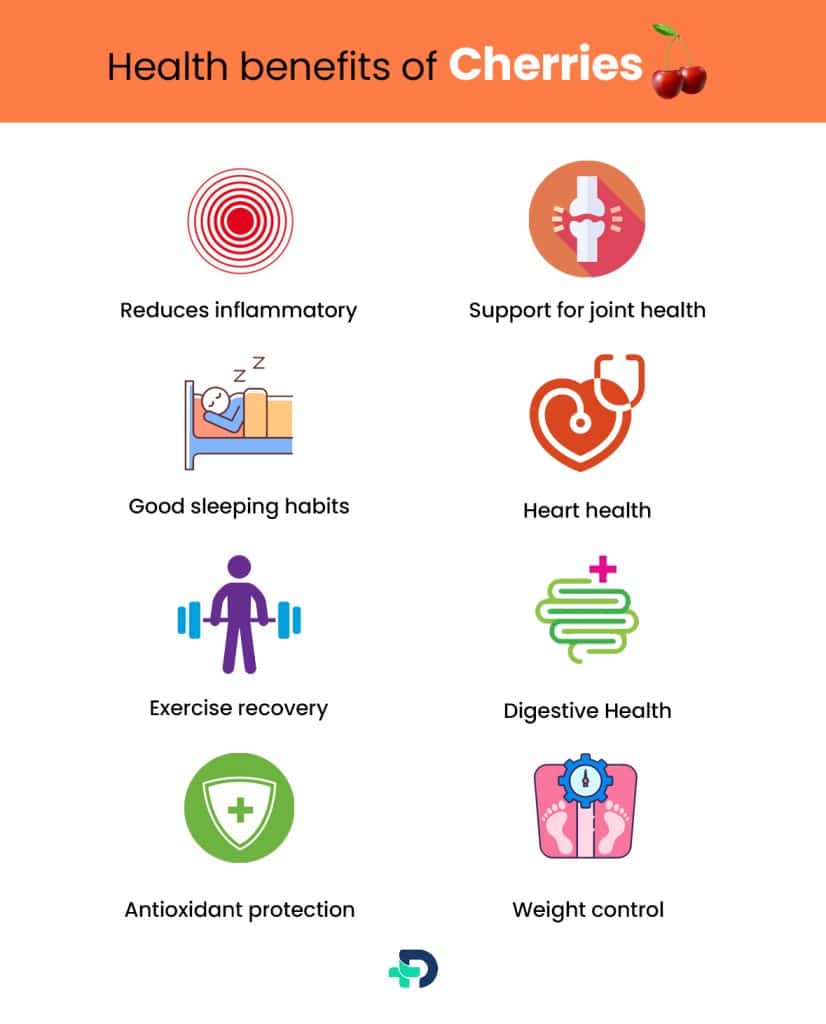
Cherries Health benefits
- Reduces inflammation
- Relieves joint pain
- Promotes good sleep
- Good for heart
- Exercise recovery
- Promotes a healthy digestion
- Helps in weight management
- Full of antioxidants
- Shows anti-inflammatory properties
Reduces inflammatory
- They contain many antioxidants, especially anthocyanins, which are highly effective anti-inflammatory compounds. These substances lower inflammation in the body, which may aid in treating diseases, including gout, arthritis, and aching muscles.1Health benefits| Researched based study from Nlm.nih.gov
Support for joint health
- Cherries have been investigated for their ability to reduce the symptoms of arthritis and joint pain because of their anti-inflammatory qualities.
- Regular ingestion may lessen inflammation and enhance collective performance, encouraging comfort and mobility.
Good sleeping habits
- They are a natural source of the hormone melatonin, which controls sleep-wake cycles.
- Consuming tart cherries or tart cherry juice may assist to improve sleep quality and length.1Health benefits| Researched based study from Nlm.nih.gov
Heart health
- They are low in calories and fat and high in nutrients that are good for the heart. Potent antioxidants are present in them, including flavonoids and polyphenols, which have been associated with a lower risk of heart disease.
- By reducing cholesterol and blood pressure, they may improve overall cardiovascular health.
Exercise recovery
- Athletes and other active people prefer them because of their anti-inflammatory characteristics.
- It has been demonstrated that eating cherries or drinking sour cherry juice after vigorous exercise can assist in lessening muscle soreness, speeding up muscle recovery, and improving exercise performance.
Digestive Health
- They are a great source of dietary fiber, which promotes healthy digestion and regular bowel motions.
- Additionally, fiber promotes a healthy gut and may lower the chance of developing digestive problems, including diverticulitis and constipation.
Antioxidant protection
- They include a lot of antioxidants that support the body’s defenses against oxidative stress caused by harmful free radicals.1Health benefits| Researched based study from Nlm.nih.gov
- These might lower the chance of developing chronic conditions, including cancer, heart disease, and neurological illnesses.
Weight control
- They are a filling and healthy option for anyone monitoring their weight because they include a lot of fiber and not many calories.
- While supplying necessary nutrients, their inherent sweetness can aid in reducing cravings for sweet foods and sweets1Health benefits| Researched based study from Nlm.nih.gov
Nutrition
Nutritional profile
The nutritional composition of 100 grams of raw cherries is broken down as follows:
- Calories: 50
- Carbohydrates: 12 grams
- Sugars: 8 grams
- Dietary fiber: 2 grams
- Protein: 1 gram
- Fat: 0 grams
- Saturated fat: 0 grams
- Trans fat: 0 grams
Vitamins
- Vitamin C: 7 milligrams (12% of the recommended daily intake)
- Vitamin A: 64 international units (1% of the recommended daily intake)
Minerals
- Potassium: 222 milligrams
- Calcium: 16 milligrams
- Magnesium: 9 milligrams
- Phosphorus: 15 milligrams
Antioxidants like anthocyanin and quercetin, which give cherries their vivid red color and may have health advantages, are also abundant in cherries.8Nutrition| Researched based study from Usda.gov
Side effects
Cherries side effects
Allergies
- Cherry allergies can cause symptoms, including hives, swelling, and itching in some people.
- It is advised to avoid cherries and seek medical advice if you react to them in any way.2Side effects| Researched based study from Aaaai.org
Intestinal issues
- A large quantity of dietary fiber may be found in cherries. Even while fiber typically aids in digestion, eating too many cherries at once or abruptly increasing your consumption may result in digestive discomfort, including bloating, gas, or diarrhea.
- Consume in moderation and gradually increase your intake of fiber.4Side effects| Researched based study from Nlm.nih.gov
Cherries for diabetics
- They might induce a small spike in blood sugar levels because of their moderate glycemic index. However, their effect on blood sugar is relatively tiny compared to many other fruits.
- Cherries should be eaten in moderation and maybe as part of a healthy diet if you have diabetes or need to manage your blood sugar levels regularly.9Side effects| Researched based study from Diabetes.org.uk
Cyanide levels
- When eaten or crushed, substances like amygdalin found in cherry pits or seeds may emit trace levels of cyanide.
- Eating whole cherries usually is safe, but you should avoid biting or crushing the pits.
- Even while little doses of cyanide are generally not toxic if mistakenly consumed, it is still best to avoid them.3Side effects| Researched based study from Poison.org
Interactions
Interaction with medicines
Blood thinning medications
- They have some blood-thinning potential because of their inherent anticoagulant properties.
- If you drink a lot of cherries or anything associated with cherries while taking any blood thinners, such as warfarin, aspirin, or other antiplatelet drugs, the risk of bleeding may rise.
- Your doctor should be consulted on the proper cherry consumption while taking these drugs.5Interactions| Researched based study from Nlm.nih.gov
Non-steroidal inflammatory drugs
- They also have anti-inflammatory properties comparable to NSAIDs like ibuprofen or naproxen.
- Combining cherries with NSAIDs may enhance their effects, increasing the possibility of bleeding or digestive problems.6Interactions| Researched based study from Nlm.nih.gov
Certain antibiotics
- Some antibiotics, including ciprofloxacin and norfloxacin, fall under the fluoroquinolone medication class.
- These antibiotics may interact with substances in cherries, raising the possibility of adverse side effects.
- Avoid ingesting cherries or cherry-related items when taking a fluoroquinolone antibiotic is advised7Interactions| Researched based study from Nlm.nih.gov
Tips
Tips to incorporate Cherries into your diet
Fresh and raw
- Eat cherries on their own for a fast and wholesome snack. Give them a thorough wash and eat them raw, removing the pits if you’d like.
Fruit platter
- Add cherries to your favorite fruit salad for a pop of color, flavor, and nutritional value. They go nicely with other fruits, including citrus, berries, and melons.
Frozen cherries
- They can be used as a topping or in salads and desserts.
Smoothies
- Make smoothies with cherries for a tasty and healthy beverage. Mix them with yogurt, a drink you choose (such as coconut water or almond milk), and other fruits or vegetables for further variation.
Toppings
- Sprinkle cherries over muesli, yogurt, or porridge for a sweet and tangy twist. They may also be sprinkled on ice cream, waffles, or pancakes.
Baking
- Baked goods like pies, tarts, muffins, and bread can all include cherries. Depending on the recipe, you can use either fresh or frozen cherries.
Savory dishes
- Cherries may also give savory foods a distinctive touch. Consider including them in salads, grain bowls, or roasted meats for a balance of flavors.
Jams and jellies
- To enjoy cherry jam or preserves all year long, make your own. They may be used as a filling for pastries and toast or added to sauces and marinades.
Bottom Line
The bottom line
The fact is that cherries make for a delicious and wholesome addition to your diet. So, next time you reach for a snack, consider incorporating cherries into your menu and enjoy their many benefits for your overall well-being.
Any feedback on this article?
 This Articles content was accurate
This Articles content was accurate Very Informative Article
Very Informative Article I have a question or a comment
I have a question or a comment
 This article contains inaccurate content
This article contains inaccurate content This article was not helpful
This article was not helpful I have a question or a comment
I have a question or a comment
We appreciate your helpful feedback!
Checkout our social pages
References
-
National Library of Medicine
A Review of the Health Benefits of Cherries | Benefits
-
American Academy of Allergy, Asthma & Immunology
Anaphylactic reactions to cherries, strawberries, and grapes | Side effects
-
Poison Control
I Swallowed A Cherry Pit! Are Stone Fruit Pits Poisonous? | Side effects
-
National Library of Medicine
Regular tart cherry intake alters abdominal adiposity, adipose gene transcription, and inflammation in obesity-prone rats fed a high fat diet |
-
National Library of Medicine
The Clinical Significance of Drug–Food Interactions of Direct Oral Anticoagulants | Interactions
-
National Library of Medicine
NSAIDs and Cardiovascular Diseases: Role of Reactive Oxygen Species | Interactions
-
National Library of Medicine
Amoxicillin Clavulanate | Interactions
-
U.S. DEPARTMENT OF AGRICULTURE
Cherries, sweet, dark red, raw | Nutrition
-
The British Diabetic Association
fruit and diabetes | Side effects












